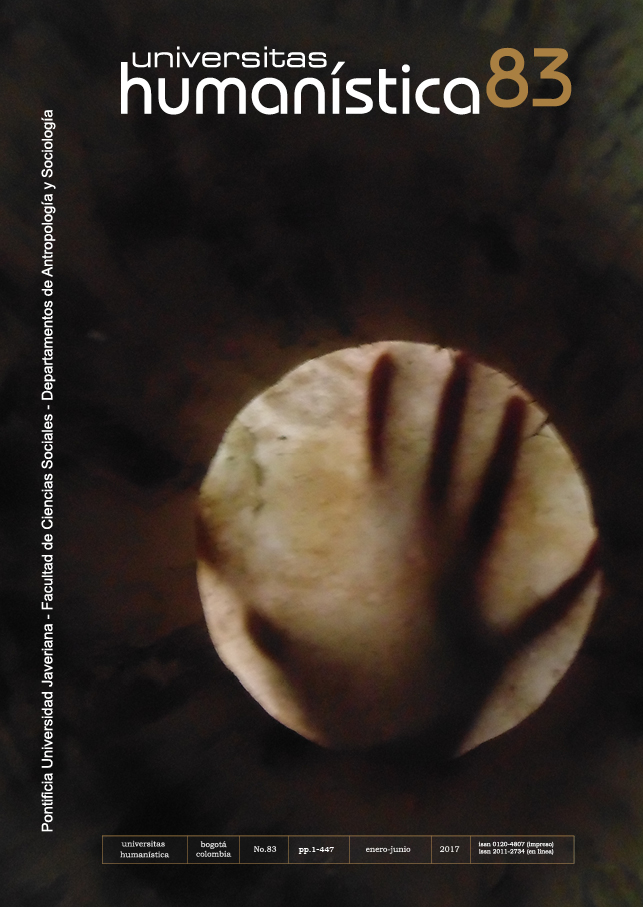Abstract
This article approaches the relation between extending compulsory schooling and the development of reading and writing abilities in Argentina. First, it examines the universalization of these abilities in the capitalist society, and then it analyzes recent transformations in labor processes that underlie the extension of the average schooling years. Finally, it focuses on the Argentinean case, specifically on the role of secondary schooling in the development of reading and writing abilities. To this end, both secondary school basic curricular contents in Language and the results of the “Operativo Nacional de Evaluación” (national assessment census) regarding this subject are analyzed.

This journal provides immediate open access to its content on the principle that making research freely available to the public, encourages greater global exchange of knowledge.
The journal Universitas Humanística is registered under a Creative Commons Attribution 4.0 International Public License. Thus, this work may be reproduced, distributed, and publicly shared in digital format, as long as the names of the authors and Pontificia Universidad Javeriana are acknowledged. Others are allowed to quote, adapt, transform, auto-archive, republish, and create based on this material, for any purpose (even commercial ones), provided the authorship is duly acknowledged, a link to the original work is provided, and it is specified if changes have been made. Pontificia Universidad Javeriana does not hold the rights of published works and the authors are solely responsible for the contents of their works; they keep the moral, intellectual, privacy, and publicity rights.
Approving the intervention of the work (review, copy-editing, translation, layout) and the following outreach, are granted through an use license and not through an assignment of rights. This means the journal and Pontificia Universidad Javeriana cannot be held responsible for any ethical malpractice by the authors. As a consequence of the protection granted by the use license, the journal is not required to publish recantations or modify information already published, unless the errata stems from the editorial management process. Publishing contents in this journal does not generate royalties for contributors.


